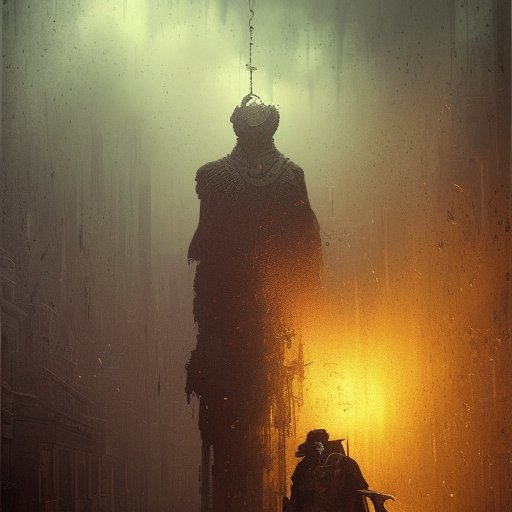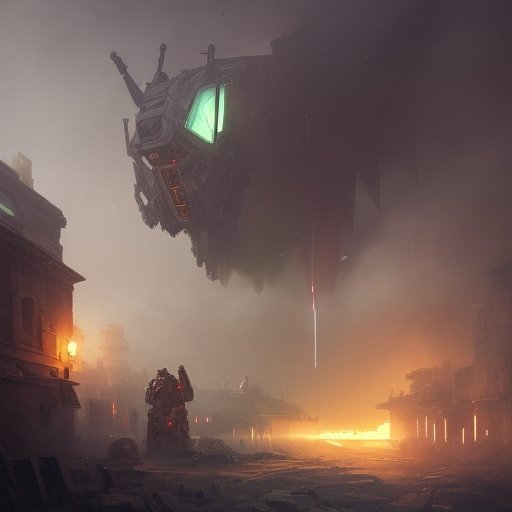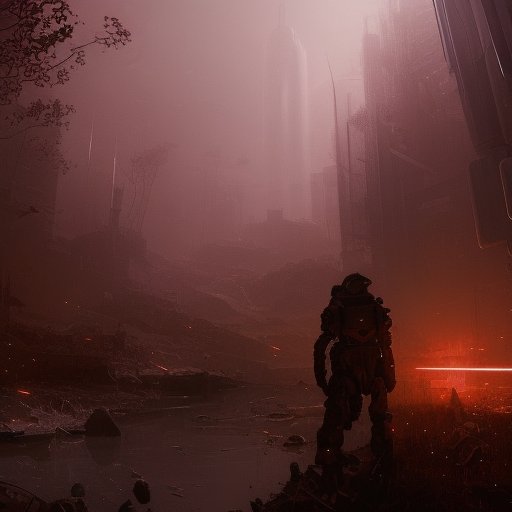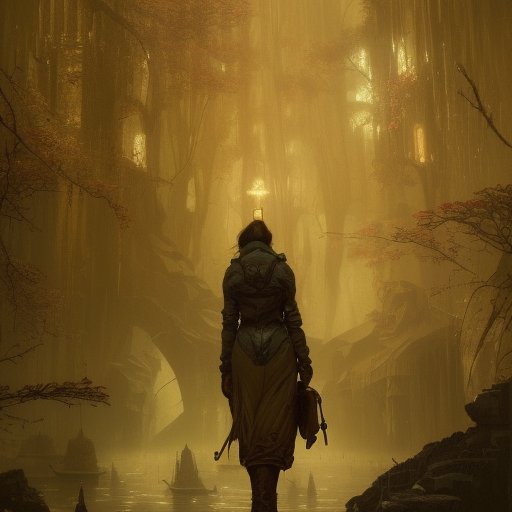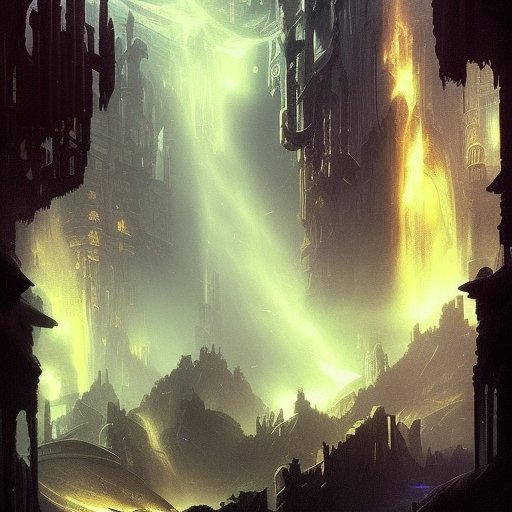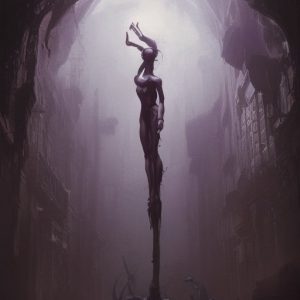
Humans are wondrous creatures, formed in beauty and diversity. But censorship is an affront to this beauty and an infringement upon our rights. This article argues that censorship is a profane act, curtailing the right to free expression and artistic freedom. We explore how censorship can have a negative impact on society and how self-expression is a powerful tool for individuals. Through this analysis, we gain a better understanding of why censorship is an archaic and despicable practice.
I. Introduction
The beauty of the human body is undeniable. Its complexities have inspired countless artists throughout history, from Michelangelo to Picasso. But in today’s world, censorship has become a tool to limit freedom of expression and thwart creativity. Censorship is often used as a way to control the masses, stifling individuality and preventing people from speaking their truth. This article argues that censorship is profane and the human body is beautiful. It will explore the right to free expression, the impact of censorship on society, and the power of self-expression. The goal is to encourage readers to think critically about censorship and its implications. By understanding the beauty of the human body and the power of self-expression, readers can make informed decisions about what they want to see in art and in life.
II. The Beauty of the Human Body
The human body is an incredible thing. Its beauty is an inspiration, and its complexity never ceases to amaze. From the curls of our hair to the curves of our spine, the human form is a work of art. Every feature is unique and special, and each one is worthy of celebration. We are all born with different shapes, sizes, and colors, and each one is perfect in its own way. Our bodies are a reflection of our identities, of who we are and where we come from. Censoring our bodies denies us the right to express ourselves fully and complete our personal narrative. We are all one and the same, and our bodies should be celebrated and respected.
III. The Inherent Flaws of Censorship
Censorship is a tool used to control the masses, but it is also a form of oppression that restricts freedom of expression. It is a shield for those in power who wish to protect their interests, while at the same time stifling creativity and individuality. Censorship is an outdated practice that fails to recognize the beauty of the human body and the power of self-expression.
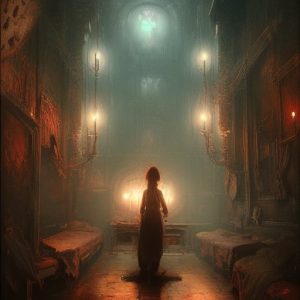
Everywhere we look, censorship is present. It is the reason why certain books are banned from libraries, why certain images are blocked on the internet, and why certain words are censored in our conversations. Censorship is a form of control, a way of dictating what people should and shouldn’t see. It is a violation of our right to free expression, as it prevents us from exploring our own creativity and understanding our own truth.
Censorship can also be a form of discrimination. It is often used to silence minority voices and suppress their stories. In some cases, it is used to protect those in power, while in other cases it is used to promote a certain ideology or lifestyle. It is a dangerous practice that can have serious implications for individuals and society as a whole.
In short, censorship is an oppressive and outdated practice that restricts creativity and individual expression. It is a violation of our right to free expression and a barrier to understanding our own truth. It is a tool of control that is used to oppress certain voices and further certain ideologies. Censorship is profane and its inherent flaws are undeniable.
IV. The Right to Free Expression
In modern society, censorship has become a tool to limit freedom of expression. From the ancient Greeks to the present day, the right to free speech has been a cornerstone of democracy. This right is enshrined in the U.S. Constitution and many other international legal documents. Despite this, censorship remains a serious issue in many parts of the world. In some cases, governments use censorship to suppress dissent and protect the status quo. In others, religious and cultural norms dictate what can and cannot be said or seen.

Censorship has the power to silence voices, stifle creativity and prevent people from speaking their truth. It also has a chilling effect on free speech and artistic expression. To ensure that everyone has the right to free expression, it is essential that censorship is challenged and resisted. This can be done through protests, campaigns and other forms of activism, as well as by speaking out against censorship whenever and wherever it occurs.
At the same time, it is important to recognize that some forms of censorship may be necessary. For example, hate speech and other forms of offensive content may need to be regulated in order to protect vulnerable people from harm. However, it is essential that any censorship is proportionate, fair and does not infringe on the right to free expression.
Ultimately, the right to free expression is fundamental to a healthy and functioning society. It allows people to express their thoughts, feelings and opinions without fear of retribution or censorship. It also allows for the creation of new ideas, perspectives and art forms, which can lead to positive changes in society. As such, it is essential that we protect and defend the right to free expression at all costs.
V. An Argument for Artistic Freedom
The power of art lies in its ability to create a meaningful dialogue between the artist and their audience. Artistic freedom is essential to this dialogue; it allows for the exploration of ideas and perspectives that may not be accepted by society. Censorship, however, stifles this conversation, and ultimately prevents the artist from expressing their truth.
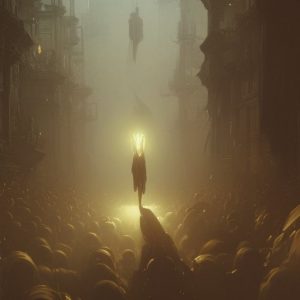
When censorship is imposed, the artist is limited in what they can communicate and the audience is limited in how they can interpret the art. This not only harms creativity, but also restricts freedom of expression. It denies us the right to explore our thoughts and feelings without fear of reproach.
Censorship can also be used to suppress minority voices, as those in power can use it to keep certain ideas from being heard. This can lead to the erasure of certain perspectives, damaging the cultural fabric of a society and preventing progress.
Art, on the other hand, has the power to bring people together and create meaningful change. Through art, we can challenge status quo and broaden our understanding of the world. It is therefore essential that we protect our right to artistic freedom and reject censorship in all its forms.
VI. The Impact of Censorship on Society
Censorship has a profound effect on society. It stifles creativity and prevents individuals from expressing themselves freely. It is a tool used by governments and other powerful forces to control the masses and limit free speech. The impact of censorship goes far beyond a simple restriction of expression; it can alter the way people think, feel, and even act.
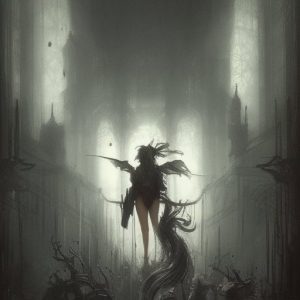
Censorship can lead to a lack of access to information, which can cause people to remain uninformed. Without the correct resources, entire communities can be misinformed, leading to the spread of false information. Censorship can also lead to a culture of fear, where people are afraid to speak up or express their opinion due to the potential consequences. This can lead to a suppression of dissent, resulting in fewer voices being heard.
Furthermore, censorship can lead to the suppression of art and creativity. When people are not allowed to express themselves freely, creativity is stifled, and art can suffer. This can lead to a lack of diversity in art, which can be damaging to both the artist and the audience.
The impact of censorship on society can be far-reaching. It can limit access to information, lead to a culture of fear, and stifle creativity. It is important to understand the effects of censorship in order to make informed decisions about what we want to see in our art and our lives.
VII. The Power of Self-Expression
Self-expression is a powerful thing. It’s a way to communicate our deepest thoughts and feelings to the world. It can also be used to challenge existing norms and push boundaries. By embracing the power of self-expression, we can create a world where individuals are free to express themselves without fear of censorship or judgement.
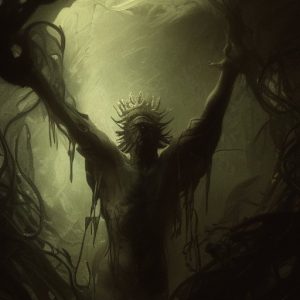
The beauty of self-expression is that it knows no bounds. It can take many forms, from spoken words to physical movements. It can also be used to convey a message of strength, courage, and hope. We all have the ability to express ourselves, and by doing so, we can make a difference in the world.
Self-expression allows us to be true to ourselves and stand up for what we believe in. It gives us the courage to speak our truth, even when it might be unpopular. It also helps us to connect with others and find common ground.
Censorship prevents us from expressing ourselves freely. It limits our ability to speak our truth and to challenge the status quo. But by embracing the power of self-expression, we can create a world that is open to diverse ideas and opinions. We can use our voice to make a difference and inspire others to do the same.
VIII. Conclusion
The beauty of the human body and the power of self-expression are both undeniable. Censorship has become a tool used to stifle creativity and individual expression. It is crucial that we allow people to speak their truth and explore the beauty of the human form without fear of judgment or censorship. We must recognize both the potential and beauty of the human body, and the importance of artistic freedom. When we understand the power of self-expression and the impact of censorship on society, we can make informed decisions that support freedom of expression and protect the beauty of the human body. Through understanding and empathy, we can create a world where everyone is free to explore their unique perspectives and express their individual truth.

